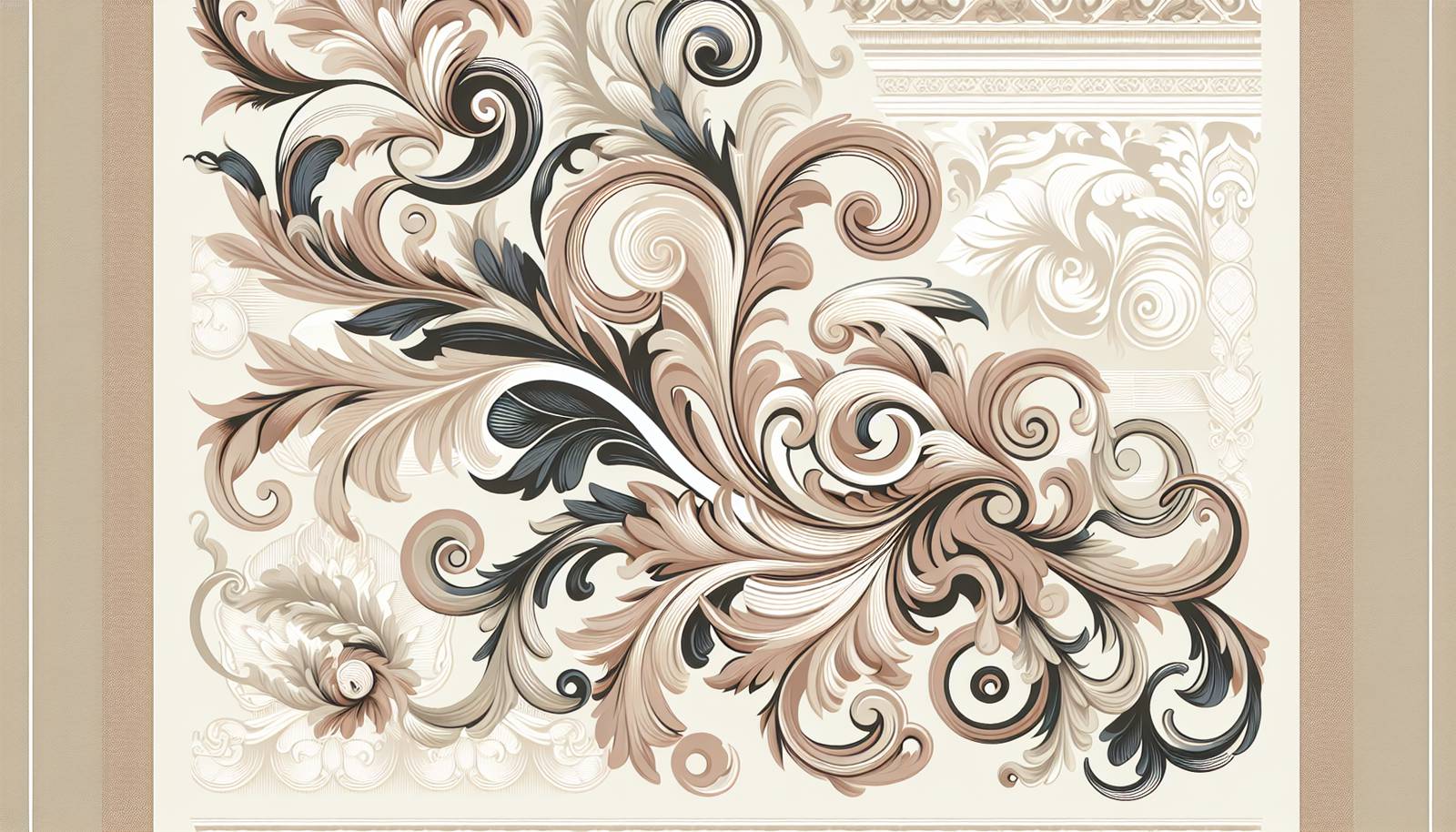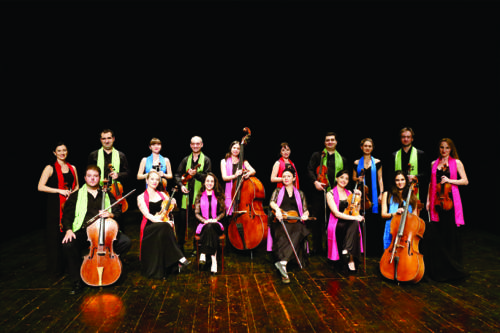
FAQ About The Influence of Baroque Music on Modern Music

What is Baroque music?
Baroque music refers to a style of European classical music from the period approximately 1600 to 1750. This era is characterized by the use of complex forms, ornate ornamentation, and contrasting elements. Notable composers from this period include Johann Sebastian Bach, George Frideric Handel, and Antonio Vivaldi.

How does Baroque music influence modern music?
Baroque music influences modern music through its structural innovations and expressive dynamics, which have inspired various genres, including classical, pop, and jazz. The use of elaborate ornamentation and contrasts in period compositions has been adapted in modern arrangements and performances, shaping music theory and performance practice today.

What are some characteristics of Baroque music that are seen in modern music?
Characteristics of Baroque music such as dramatic contrast, expressive melody lines, ornamentation, and the basso continuo are seen in modern music. These elements contribute to creating emotional depth and complexity, often employed in film scores, pop arrangements, and contemporary classical compositions.

Which modern genres are most influenced by Baroque music?
Classical music continues to be directly influenced by Baroque, but other genres like jazz, pop, and even rock have absorbed its principles. Jazz musicians often employ Baroque improvisational techniques, while pop music can reflect its structural clarity and elaborate decorative elements.

Can you name a modern composer influenced by Baroque music?
One prominent modern composer influenced by Baroque music is Philip Glass. His compositions often feature repetitive structures akin to Baroque continuo lines, and he utilizes layered, intricate harmonies that reflect the style of Baroque masters.

Why is ornamentation significant in both Baroque and modern music?
Ornamentation in music adds expressive depth and detail to compositions, allowing performers to convey emotion and personal interpretation. In Baroque music, ornamentation was a key component that added flair and complexity, a concept that translated into modern music by enhancing melodies and contributing to stylistic variety.

How have Baroque performance practices influenced modern musicians?
Baroque performance practices, such as improvisation on figured bass and expressive phrasing, have deeply influenced modern musicians. These practices encourage creativity and spontaneity, allowing musicians today to explore dynamic interpretations and unique executions of music across various genres.

What role does the basso continuo play in modern music?
The basso continuo, or continuous bass line, is a hallmark of Baroque music and plays an essential role in providing harmonic support. In modern music, the concept has evolved into bass lines crucial in genres like jazz, pop, and other forms aiming for rhythmic and harmonic foundation.

Has Baroque music influenced minimalism in music?
Yes, Baroque music has influenced minimalism. Minimalist composers often draw on the repetitive and layered aspects of Baroque music, creating intricate patterns from simple motifs and repetitive structures similar to those used during the Baroque period.

Are there modern instruments that evolved from Baroque instruments?
Many modern instruments have evolved from those used in the Baroque era, such as the piano, which originated from the harpsichord. The violin family has also been refined from its Baroque predecessors to suit contemporary needs in sound quality and technical capability.

What is the impact of Baroque opera on contemporary musical theatre?
Baroque opera has significantly impacted contemporary musical theatre, providing foundational elements such as dramatic storytelling, the use of recitative to advance narrative, and the expressive potential of arias. These elements have been adapted in modern musicals to enhance emotional storytelling and character development.

What is the difference between Baroque music dynamics and those in modern music?
Baroque music dynamics are characterized by terraced dynamics, which involve stark contrasts between loud and soft sections. Modern music, however, often uses gradual dynamic changes, allowing more nuanced and expressive shifts in volume over time.

Have any modern artists composed Baroque style music?
Yes, some modern artists have composed music in the Baroque style. An example includes artists in the neo-baroque genre who create works with similar structures, instrumentation, and ornamentation found in Baroque music, contributing to a revival and continual reinvention of the style.

How has Baroque music influenced jazz musicians specifically?
Jazz musicians have been influenced by Baroque music's emphasis on improvisation and intricate counterpoint. The formality of Baroque harmony and its ornamental techniques can be seen in jazz improvisation and arrangements, whereby musicians create spontaneous yet structured performances.

What were the most significant Baroque music forms, and do they appear in today's music?
Significant forms of Baroque music include the fugue, suite, concerto, and sonata. These forms have left lasting imprints and are seen in today's music, with many contemporary compositions borrowing these structures or adapting them into new formats.

Does Baroque music influence film scores?
Baroque music has a profound influence on film scores. The dramatic contrast and emotive power found in Baroque compositions lend themselves to cinematic scoring, helping to enhance narrative tension and emotional connection within films.

How does the concept of contrast in Baroque music apply to contemporary music?
The concept of contrast, so prevalent in Baroque music, continues to be a vital tool in contemporary compositions. It is used to create tension and release, alternating between themes, dynamics, and textures, enhancing the listener’s experience and engagement.

Is there any influence of Baroque music in electronic music?
Baroque music's structural clarity and rhythmic drive have influenced electronic music, particularly in the realm of ambient and experimental genres, where composers use repetitive patterns and contrast—a nod to Baroque techniques to craft immersive soundscapes.

Why is the study of Baroque music important for modern musicians?
Studying Baroque music is important for modern musicians as it lays a foundation for understanding musical structure, expression, and ornamentation. The skills developed in interpreting Baroque compositions—such as attention to detail, phrasing, and improvisation—are transferable across all musical genres.

How do Baroque dance suites influence contemporary dance music?
Baroque dance suites, with their distinctive rhythmic patterns and tempos, influence contemporary dance music through clear, structured rhythms facilitating movement and choreography. Modern genres incorporate similar rhythmic inventiveness to engage audiences on the dance floor.
